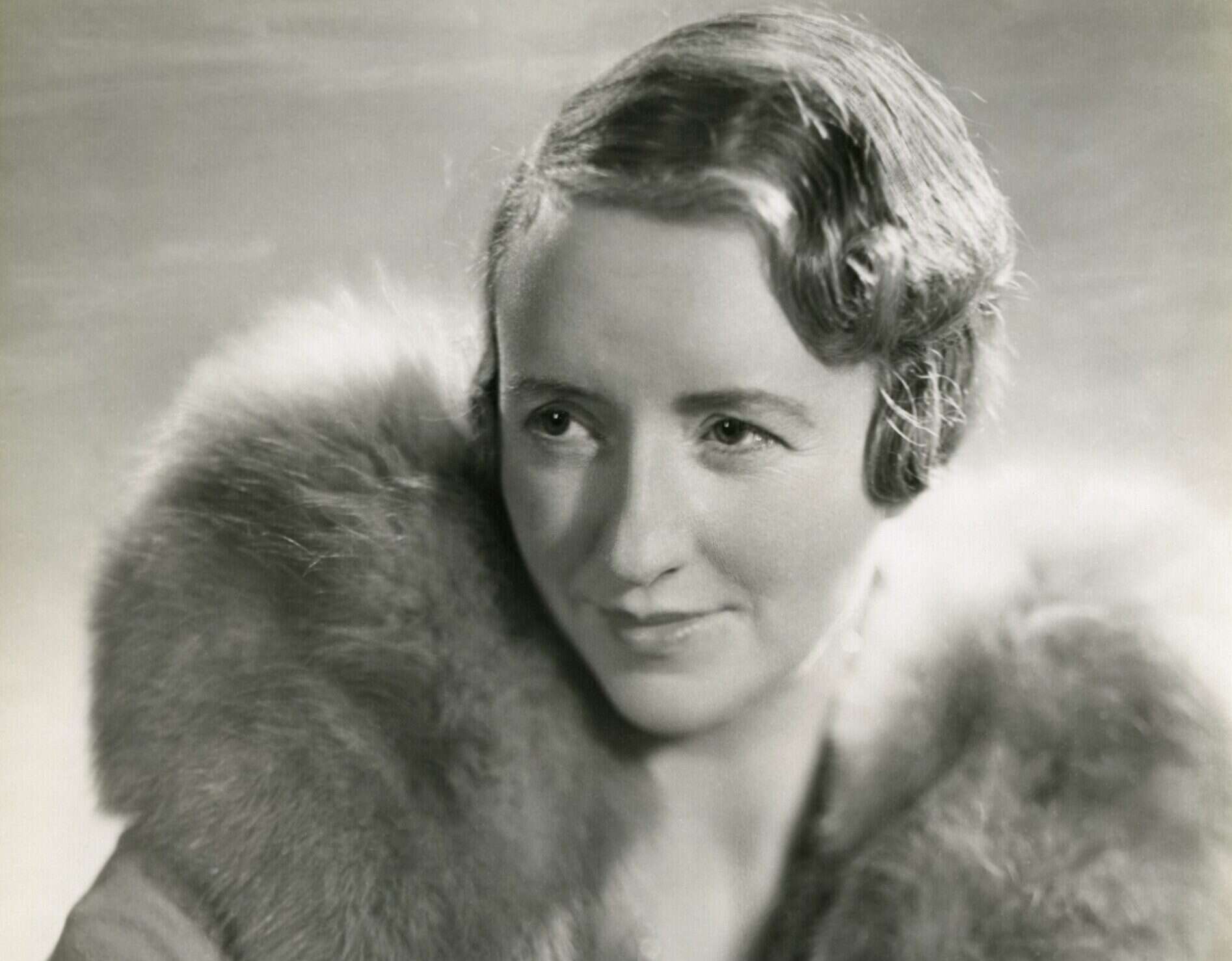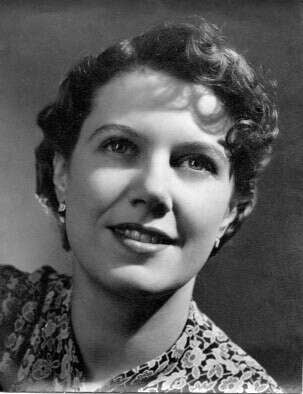
As editor of Vogue in the 1920s, Alison Settle feasted on quail and foie gras served on gold plates.
Rubbing shoulders with celebrities she played shove ha’penny with the painter Augustus John and stayed in Cecil Beaton’s white-painted four-poster bed. Couture houses squabbled over dressing her, and once she was kidnapped by high class milliners and forcibly measured up for a hat.
But when in 1944 she landed at a windswept Belgian aerodrome to cover the German retreat as a correspondent for the Observer, she had to hitchhike to the front line while male reporters were given official army escorts.
General Montgomery, having finally relented over his ban on permitting women official accreditation as war correspondents, had reneged while she was en route. Undaunted, she hitched a lift into Holland and wrote poignant stories of the Dutch civilians desperately scattering before the military juggernauts like leaves before a hurricane, their most precious domestic possessions – goats, cows and carpet sweepers – tied together with sheets.
Settle’s story is just one amongst several women journalists’ lives I have uncovered in my new book, Rebel Women Between the Wars: Fearless Writers and Adventurers, published by Manchester University Press later this month.
Despite decades of slow progress, today women journalists still struggle for byline parity and career opportunities, as recent research by Women in Journalism has once more underlined.
Shiela Grant Duff
Things have improved somewhat since 1934 when Shiela Grant Duff, a brilliant young Oxford graduate, asked the editor of the Times for a job in the paper’s foreign department. Editor Geoffrey Dawson told her, in a letter I have seen, that her being a woman made it somewhat “awkward” to offer her employment, but she could always try her hand at writing about fashion.
Grant Duff’s response was to head to Paris anyway and then onto Prague where she distinguished herself as an international stringer for the Observer. While Dawson’s reasoning that it was not seemly for a young woman to work alongside men may have suited his prejudice, his rejection forced Grant Duff to undertake dangerous and sometimes desperate assignments in her efforts to prove herself.
One such assignment was to plunge into the heart of Civil War Spain to try to track down missing News Chronicle journalist Arthur Koestler who had been arrested by General Franco’s men and thrown into a Spanish jail.
Her only contact was the American consul in Malaga who, she was assured, was critical of General Franco and would help her. Arriving in Malaga late one night after a treacherous voyage across north Africa and the Mediterranean, Grant Duff climbed over a wall into the consul’s garden, only to discover that the pragmatic diplomat had changed sides and was entertaining half a dozen of Franco’s top brass to dinner. They invited her to watch one of the nightly public hangings of Republicans.
Grant Duff, like many women in the interwar years who wanted to break out of the women’s pages, was precariously freelance. Unaccompanied women were suspected of being spies or prostitutes and she struggled for acceptance amongst the foreign press corps who circulated rumours that she slept with Nazis for stories.
Being cunning, brave and devious

Margaret Lane. Picture courtesy of Lady Selina Hastings
Similarly Margaret Lane, who in the early 1930s was the highest paid woman on Fleet Street, was also the subject of vicious rumour and had to publicly deny lurid tales of her debauchery while standing on a desk in the Daily Mail newsroom.
Lane, like Grant Duff, was denied a post as foreign correspondent and so chucked in her job to travel to the States where she scooped the world in obtaining an interview with Al “Scarface” Capone before his sentencing for tax evasion.
Jamaican Una Marson, had the barriers both of race and gender to negotiate. By forming networks with other journalists and activists, Marson eventually became the first black woman producer at the BBC during the Second World War, producing the Calling West Indies radio programme.
Despite having “made it”, Marson was forced out by the white West India Committee, which objected to a black woman occupying such a prominent position. She eventually returned to Jamaica in disgust at her treatment, suffering severely from mental health problems.
In order to participate in a world that put barriers up to them, women journalists 100 years ago had to be cunning, brave, and sometimes devious. Even when they succeeded their positions were never safe.
Alison Settle’s diaries describe in queasy detail the “rather awful” meetings with Condé Nast and his sidekick Edna Woolman Chase who criticised everything, from where she lived, to how she dressed, to how she indented paragraphs in Vogue copy. Eventually they fired her.
A single mother, her diaries show how torn she was between earning a living and playing with her children who lived on her parents’ farm.
Settle’s, and the stories of the other women in my book, show how far women have come in the past 100 years, but they also show that the fight for equality, and for diversity, is never done.
Picture: University of Brighton Design Archives/Howard and Joan Coster
Email pged@pressgazette.co.uk to point out mistakes, provide story tips or send in a letter for publication on our "Letters Page" blog
